Symposium
Mini-Maker Day
Review
Mini-Maker Day 2018
DIGITAL MEDIA
IN PEDAGOGICAL PRACTICE
This is precisely what we wanted to discover with experts from science and practice on our Mini Maker Day 2018! The symposium was all about the use of digital media and technology in children’s day care centres and primary schools. In keynotes, workshops and a panel discussion we learned and discussed how childhood education and development processes are supported with suitable digital tools, how art and digital media can be combined and what skills children develop during maker activities. Besides exciting professional input, the programme offered plenty of scope to try out things by yourself, as well as the chance to exchange experiences with other pedagogues.
Keynotes
Children of the future
Speaker: Antje Bostelmann
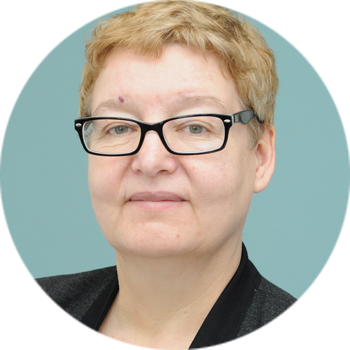
Antje Bostelmann is a qualified nursery school teacher and visual artist. She developed the Klax educational theory, a modern educational concept common to all Klax facilities and which focuses strongly on the child. She develops educational materials and play materials for use in preschools and day nurseries. Over the last twenty yers, she has published more than 50 educational reference books, many of which have become bestsellers. Antje Bostelmann has three children and lives in Berlin.
ABC of Technology
Speaker: Linda Liukas
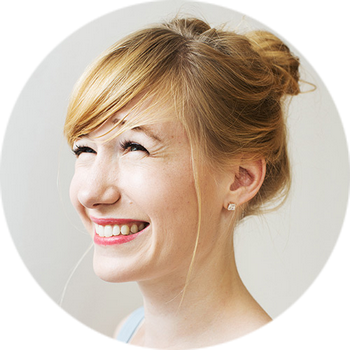
Linda Liukas is a programmer, storyteller and illustrator from Helsinki, Finland. Her idea for the children’s book Hello Ruby was first presented on Kickstarter. The campaign’s target of 10,000 US dollars was exceeded in just three and a half hours. Her books have been translated into over 20 languages. Linda Liukas is the founder of Rails Girls, a global movement with the aim of introducing young women to the basics of programming. She sees our world increasingly controlled by software, yet a lack of diversity among those who develop it. In her view, children can be best taught about programming through exciting stories. Linda Liukas studied economics, design and engineering at Aalto University and product engineering at Stanford University. Lindas TED-Talk: Foto Copyright Maija Tammi 2014
Want to learn the Danish way?
Speaker: Nikolaj Rachdi Bührmann
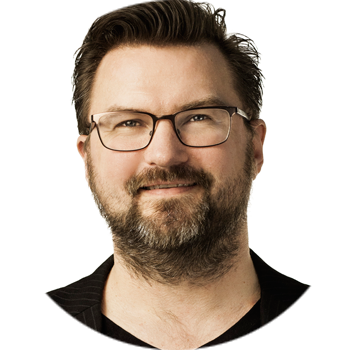
Nikolaj Rachdi Bührmann, educated as a pedagogue and in management, is the ICT – daycare consultant of Furesoe Municipality, Denmark. He has facilitated a mini-maker project with 5 daycares, where nurseries and kindergartens have played with makermentality, early numeracy, robots, 3d printers, wireless microscopes etc. He is interested in creating meaningful learning processes with children aged 0 – 9, pedagogues, teachers, leaders and parents. He’s inspired by the world of ‘computational empowerment’. In his sparetime he’s a politician and local chairman of Coding Pirates, a club regarding digital creativity.
Workshops
Workshop 1: Maker Space: A new room in the nursery
Teacher: Sandra Rüger 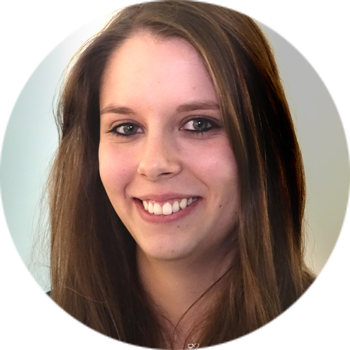
The classic learning workshop, combined with the Remida from the Reggio Emilia approach, results in a Maker Space. Participants of this workshop learned how to create such a room, what furniture and materials are appropriate and how a workshop and Maker Space can be combined. In many practical examples it was shown that the equipment of a Maker Space is not about making expensive purchases but instead the result of well-sorted recycled materials, imagination and ideas.
Workshop 2: Encouraging educational processes in children by means of digital devices and projects
Teacher: Silke Schaper 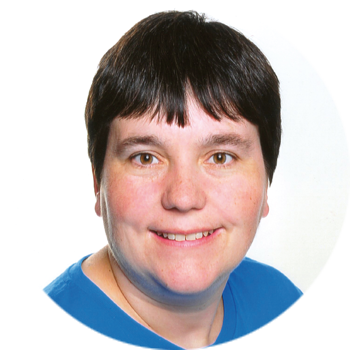
Learning processes of children in various educational areas can be further stimulated by digital devices such as Bee Bot, Dash or Cubetto. In Workshop 2, the participants got to know different digital learning devices by testing them in order to be able to organize and discuss educational projects for children between 4 and 6 years old. For example, with the App Pic Collage, participants prepared templates for an action tray, which can be used to promote pattern recognition in mathematical education. Participants tested Bee Bots and various Bee Bot mats at another learning station on the subject of “algorithms” and tested how programming skills can be promoted. At the open learning counter other digital learning devices could be independently tested.
Workshop 3: Language development with digital media
Teacher: Karoline Tielke 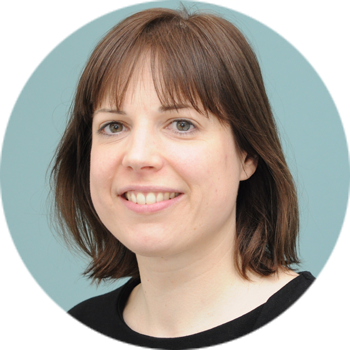
Stories are told in every nursery as they make an important contribution to childhood language development. This tradition is experiencing a delightful upturn thanks to digital technologies. The focus of workshop 3 was on practical work and on the own tinkering with learning stations. Three tables of creative materials, iPads and tasks were prepared in the room. For example, the participants produced their own story videos and mini digital theater plays. They tested how children can tell and record stories about themselves and how they can be promoted in their language development. The learning stations were changed several times, so that all participants had the opportunity to try all stations.
Workshop 4: Technology and electricity in the nursery artist’s workshop
Teacher: Dominic Fischer 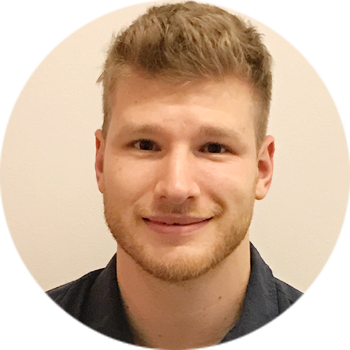
Brushes, paints, glue, scissors, paper and countless other materials are used to make unbelievable creations in the nursery artist’s workshop. In workshop 4 the participants tried out new (digital) techniques for kindergarten art projects. At first, background wallpapers were created using various painting techniques, such as wiping, spraying and printing techniques and fictional characters were built, which were supplemented with copper tape and LEDs. Secondly, the designed art figures and background wallpapers could be included in an own movie with the iPad. A projector made fascinating results, effects and optical illusions possible. These captured images were then merged in the app Pic Collage, revised and summarized to a picture.
Workshop 5: Observing and documenting with movie apps on a tablet
Teacher: Antonia Vinci 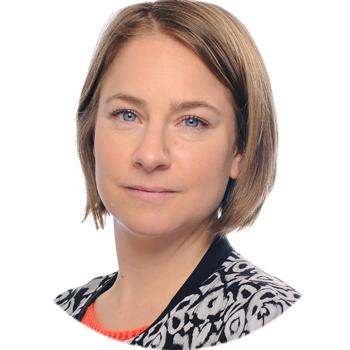
The use of digital media enables children to be actively involved in documenting their own learning progress, e.g. by filming or creating short films or photo series. For these forms of documentation, there are special apps that the children can use for their creative ideas and projects. Suitable apps were presented in workshop 5, own documentations were made and the targeted use and effect of this has been discussed with the participants.
Workshop 6: Discovering and understanding the inside of a computer with children
Teacher: Brian Kiel 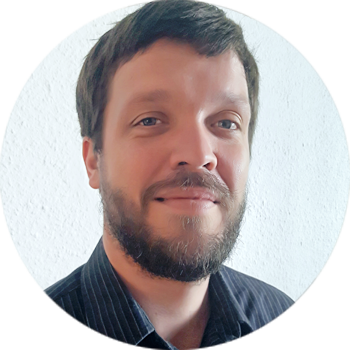
Did you know what tasks the GPU and CPU perform inside a computer? The children can be told why RAM is unable to remember anything and ROM is always sleeping in a project. In workshop 6 the participants have become familiar with all of the components in a computer and will know how to teach the children about the structure and individual parts of a computer in a fun way.



